[email protected]
(01495) 369555
The LRB is a Blaenau Gwent Local Authority maintained specialist unit for 24 pupils.
The provision is designated for children with Social Communication / Autism Spectrum conditions and associated difficulties, characterised by severe and complex communication and interaction difficulties that seriously impede the development of social relationships.
In addition, pupils also experience delays in one or more of the following: learning, socialisation, emotional wellbeing, behavioural development, and independence.
OPP’S (One-Page Profiles) are resources used in education to give teachers a chance to get to know students and understand how best to support people who have ALN.
Profiles typically have basic information such as name and age, as well as personal information that children can choose to write themselves. It is a simple summary of what is important to someone and how they want to be supported.
Admission to the LRB is decided by the LEA at a Panel not by the school.
Placement in the Resource Base will only be considered following the submission of:
All learners are expected to access structured and unstructured aspects of school life offered by mainstream whenever it is appropriate for the individual child to do so.
The intention is for the time spent engaging in mainstream activities and classes to be periodically increased to the point where learners meet the criteria to return to their full-time mainstream provision.
Where possible, children will be able to access a range of relevant, developmentally appropriate qualifications such as BTEC, Entry Level Qualifications and GCSEs.
In Key Stage 3, students are taught English, Maths and Topic, which is a combination of Humanities and Creative Arts within the LRB. Students also have Life Skills and Social Skills lessons to develop their independent living skills within the LRB.
All students attend mainstream PE lessons and have some lessons with mainstream teachers on their timetables. Students in the LRB all take part in the following interventions with trained Teaching Assistants : Literacy, ComIt and Mindfulness. Other interventions are used when a student has a specific need: ELSA, SPLD, Anger Management and Sensory Diet.
In Key Stage 4, students are encouraged to take options and some attend mainstream GCSE Maths and GCSE English. In the LRB, students are taught GCSE English Language, GCSE English Literature, GCSE Mathematics, GCSE Numeracy and the Agored Cymru qualification. We have a high success rate of students achieving BTEC’s and GCSE’S.
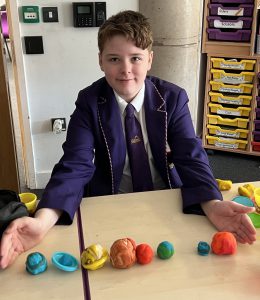
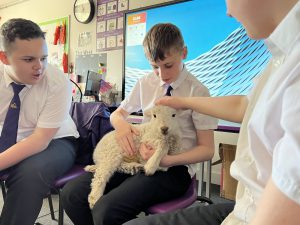
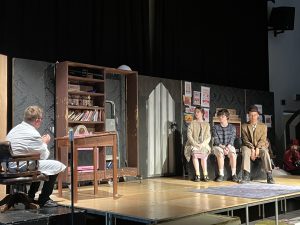
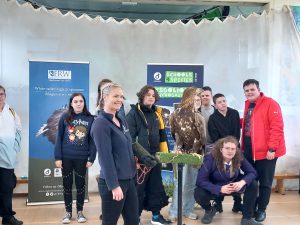
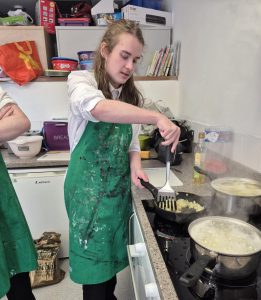
What are Life Skills lessons?
Life skills learning is divided into three broad areas which cover:
We aim for all our students to develop functional skills for living so each of them is able to lead a fulfilling and substantially independent life. We recognise that for young people with autism, every experience may provide a learning experience.
Scheme of work includes:
What is ComIt?
ComIt is part of the Talkabout social communication programme that is delivered by our trained Teaching Assistants in the LRB (Learning Resource Base). It works on four core areas: Body Language, The Way we talk, Conversation and Assertiveness. Students have ComIt twice a week in small groups.
What are Social Skills lessons?
Social skills lessons includes interventions and instructional methods that help an individual improve and understand social behavior. The goal of social skills training is to teach students about verbal and nonverbal behaviors that are involved in typical social interactions through role play, games and activities.
What is Mindfulness?
Mindfulness sessions are focused on teaching students strategies to relax, be calm and build upon their self-esteem.
What is SPLD?
SPLD sessions are with students who need that extra support with spelling and sounds. Students have allotted time on their timetables to work upon sounds and spelling strategies that are needed for them to progress.
What is ELSA?
An ELSA in a school is an Emotional Literacy Support Assistant. ELSAs are specialists with a wealth of experience of working with children and young people.
What areas does an ELSA help with?